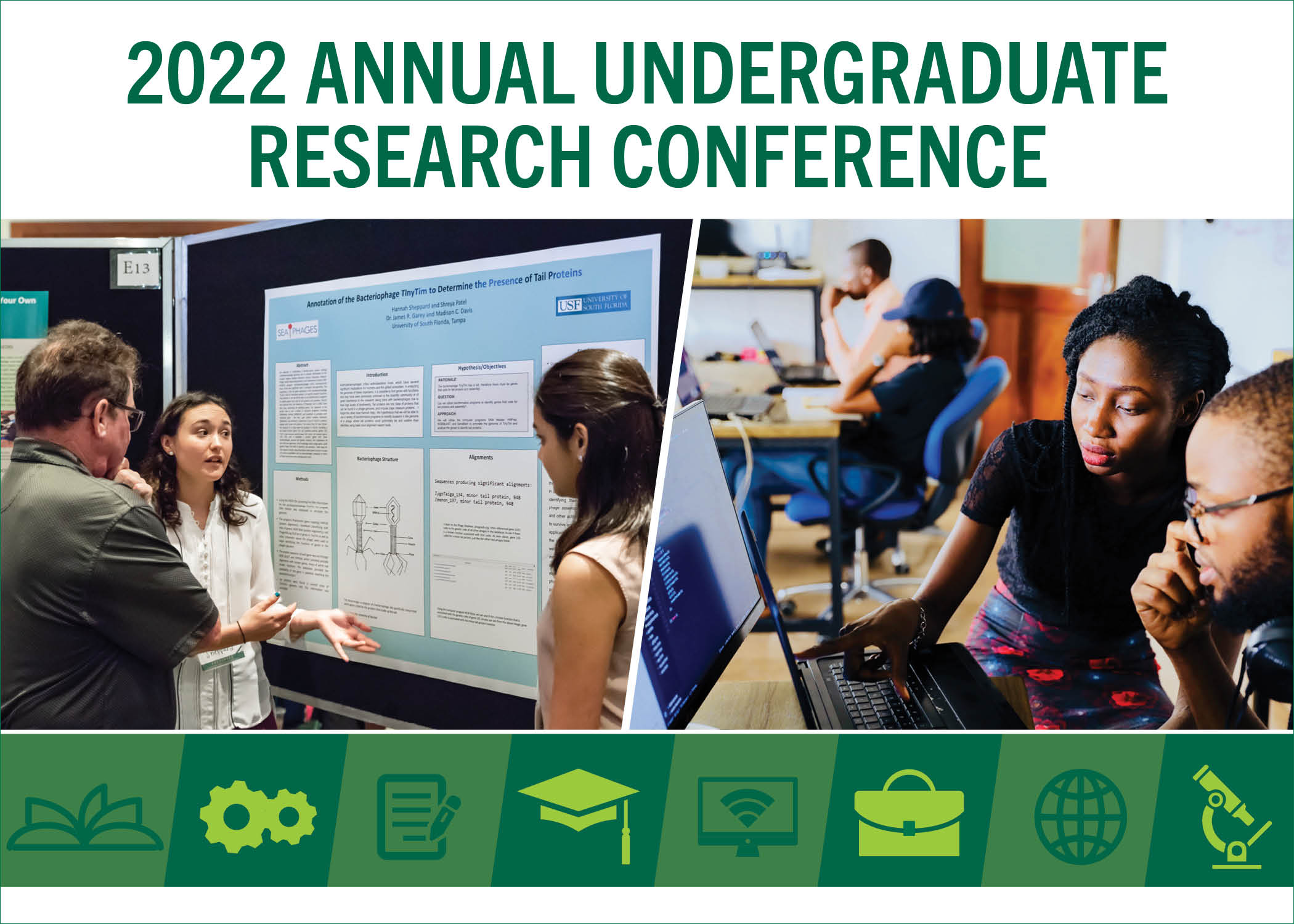Gen Zs in a Generation of COVID: Political Affiliation and Pandemic Attitudes Among University of South Florida Students
Loading...
Please select your campus affiliation
Tampa
Mentor Information
Donna Gambino
Description
Introduction Previous research found that individuals in the United States with a conservative political affiliation are more likely to distrust COVID-19 information and not comply with public health precautions. This study aims to investigate the relationship between political affiliations and attitudes across students at the University of South Florida. Methods A causal comparative approach was utilized. A MANOVA was conducted utilizing SAS 9.4 (Cary, NC). The independent variable was political affiliation, which was separated into the following categories: conservative, moderate, liberal, or other. The dependent variables were as follows: 1) whether or not the student was vaccinated; 2) whether or not they believed omicron was a threat; 3) whether or not they trusted the CDC; 4) whether or not they masked indoors; 5) whether or not they practiced social distancing. Results This study resulted in significant findings across every dependent variable. 88% of students were vaccinated, 71% believed omicron to be a threat, 79% trusted the CDC, 93% wore a mask indoors, and 60% practiced social distancing. For all dependent variables, p<0.01, with variables 1-4 having p<0.001. Discussion and Conclusion Students that identified as liberal were more likely to be vaccinated, believe that omicron was a threat, trust the CDC, mask indoors, and practice social distancing than students that identified as conservative. Findings of this study suggest that the political affiliation of university students may affect their attitude towards the pandemic. For future work, this study may be combined with studies of other demographics to better plan public health policies specially catered to the student population.
Gen Zs in a Generation of COVID: Political Affiliation and Pandemic Attitudes Among University of South Florida Students
Introduction Previous research found that individuals in the United States with a conservative political affiliation are more likely to distrust COVID-19 information and not comply with public health precautions. This study aims to investigate the relationship between political affiliations and attitudes across students at the University of South Florida. Methods A causal comparative approach was utilized. A MANOVA was conducted utilizing SAS 9.4 (Cary, NC). The independent variable was political affiliation, which was separated into the following categories: conservative, moderate, liberal, or other. The dependent variables were as follows: 1) whether or not the student was vaccinated; 2) whether or not they believed omicron was a threat; 3) whether or not they trusted the CDC; 4) whether or not they masked indoors; 5) whether or not they practiced social distancing. Results This study resulted in significant findings across every dependent variable. 88% of students were vaccinated, 71% believed omicron to be a threat, 79% trusted the CDC, 93% wore a mask indoors, and 60% practiced social distancing. For all dependent variables, p<0.01, with variables 1-4 having p<0.001. Discussion and Conclusion Students that identified as liberal were more likely to be vaccinated, believe that omicron was a threat, trust the CDC, mask indoors, and practice social distancing than students that identified as conservative. Findings of this study suggest that the political affiliation of university students may affect their attitude towards the pandemic. For future work, this study may be combined with studies of other demographics to better plan public health policies specially catered to the student population.



Comments
Poster Presentation